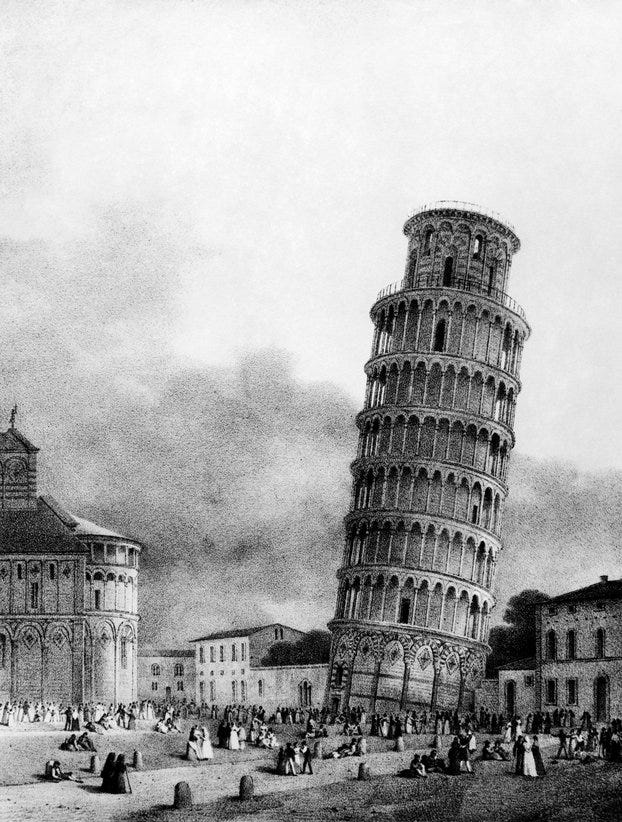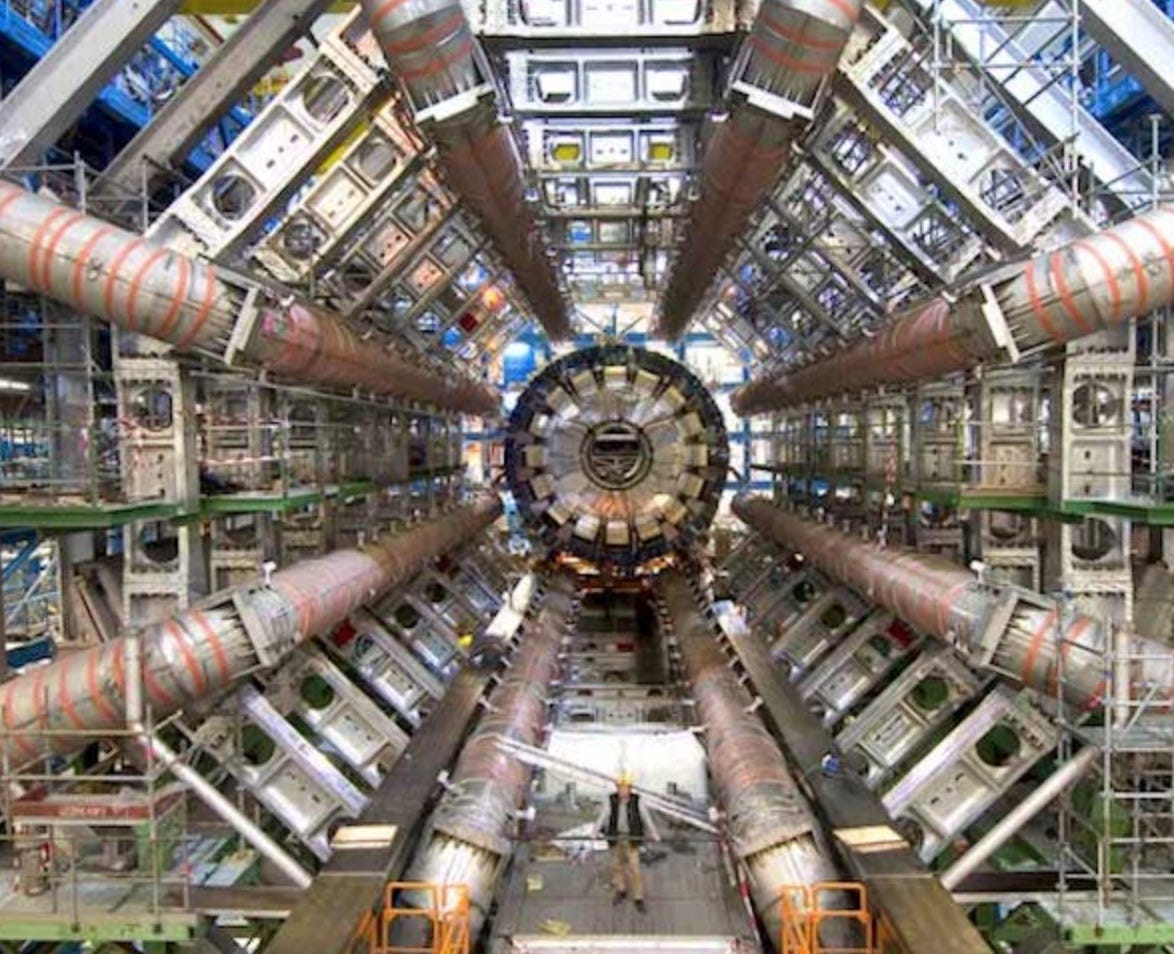Challenging the foundations of science puts you on tricky ground. Throughout the pandemic, the loud voices against scientific consensus could be seen as uninformed, misinformed, or malicious. But in all this noise, there is also a softer voice: a thoughtful, long-term push toward stronger scientific foundations.
It’s a voice that wants to challenge scientific dogmas, not to demolish science but to make it wiser and free. @RupertSheldrake has released a series of lectures that do just that.
If Rupert needs an introduction, he is a Cambridge fellow, a biologist, and the author of over 90 scientific papers and 9 books. He formulated the morphic resonance hypothesis. His views may be unorthodox, but they are grounded in decades of rigorous scientific thinking. And he knows how to weave enchanting stories together with hard research.
In his own words, today’s science is based on a set of beliefs. Since the 17th century, there has been an ideology beneath science. According to these default principles, all of reality is material or physical, the world is a machine made up of inanimate matter, nature is purposeless, consciousness is nothing but the physical activity of the brain, and free will is an illusion. These core dogmas are so ingrained, not because they are often thought through, but because they are so rarely challenged.
Throughout his lectures, Rupert Sheldrake turns these assumptions into questions. Are the laws of physics eternal? Is matter unconscious? Is nature mechanical? Is all inheritance material? Sheldrake opens up the space for enquiry. He shows how science accumulated these beliefs over the centuries. Then he describes what the alternate hypotheses are, and offers some emerging evidence in their favor.
One example: are the laws of physics eternal? It certainly seems so. But where did they come from? What ensures their immutability? Where are they imprinted?
First, “if the laws of nature existed before the Big Bang, and governed the Big Bang from its first instant, where were they? How could laws exist outside a universe before there was a universe?” This reveals the fact that this is an assumption about a transcendent metaphysical realm, and hard nosed materialists, it turns out actually believe in a transcendent reality beyond time and space and beyond the reach of experimental investigation.
Second, “if the laws and constants of nature all came into being at the moment of the Big Bang, how does the universe remember them? Where are they imprinted? If they're not necessary consequences of eternal mathematics, and if each universe in a multiverse has different laws of nature and different constants, how are they remembered by that universe? You don’t actually find them by looking through telescopes. Where are they and what are they?” This raises, again, a very big question, which is completely unanswered.
Are these laws the nature of the Universe, or is their nature that of the Napoleonic Code laws that humans try to imprint upon nature so that it can be comfortably tamed? An alternative view is that the Universe has a propensity to form habits. Closer to an organism than a machine, it learns, remembers, repeats. Whatever happened once will more easily occur again because of the sunken lanes of the past. If that also sounds somewhat anthropomorphic, let’s note that there are interpretations of quantum mechanics that allow for such memory, such as David Bohm’s implicate order. That’s a lateral rabbit hole that leads to Krishnamurti in a holographic… nope, back on track.
Rupert Sheldrake offers evidence that new compounds “learn” to crystallize over time and their melting point increases over the first decades after their discovery. (Chemists typically retort that this is because of increasing purity. Oops, another rabbit hole.) With his rich academic background, Sheldrake discusses multiverse theory, the measured fluctuations of the speed of light and how that was shoved under the carpet, evolution, and St. Augustine. All of that quite accessibly, thoughtfully, and in just one of the eight videos.
All in all, the jury is out. And that is, in fact, a strong statement. We can challenge the core assumptions of every science, and we should. To allow for alternate hypotheses and rigorous falsification is just good science. And it is precisely when we go after the fundamentals that we achieve the greatest advances—those rare, complete paradigm shifts.
Watch the excellent lectures.







Interesting! Thanks for sharing.
If the main principle of a dynamic system is its tendency to self-organize and self-stabilize then any laws of the Universe would be fluid in this context.
I am most curious about the "transcendent metaphysical realm" and whether it may shed a light on the ultimate force behind any organizing principles.